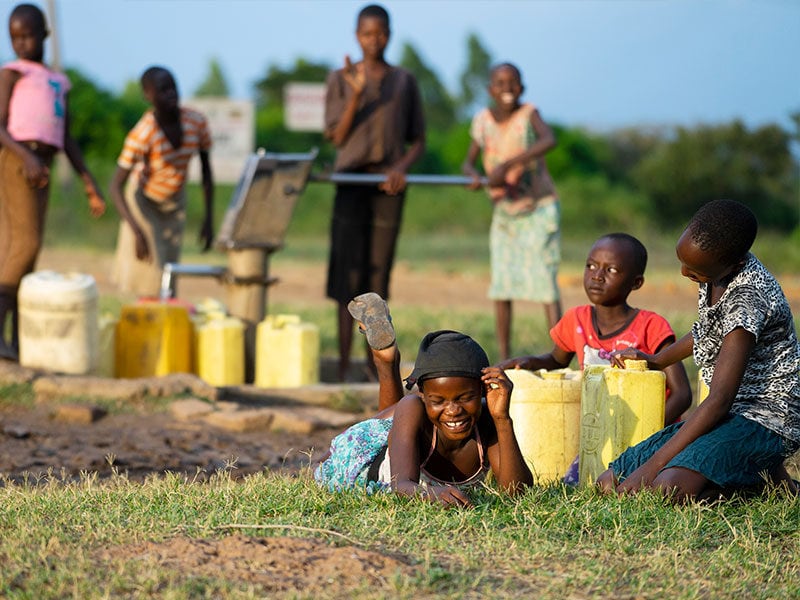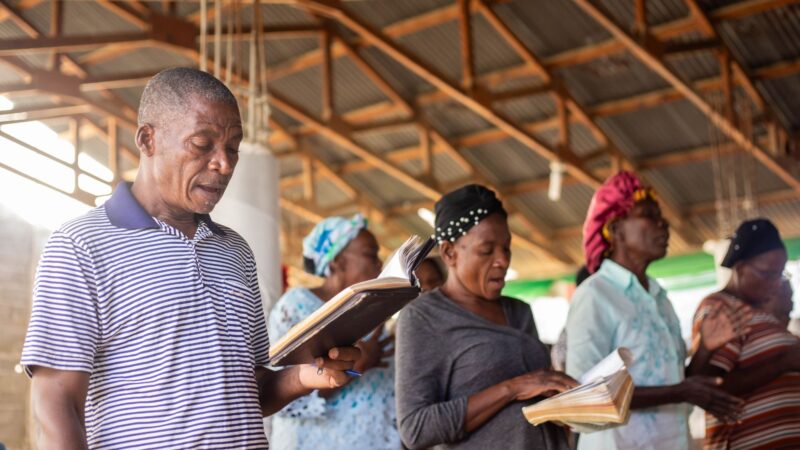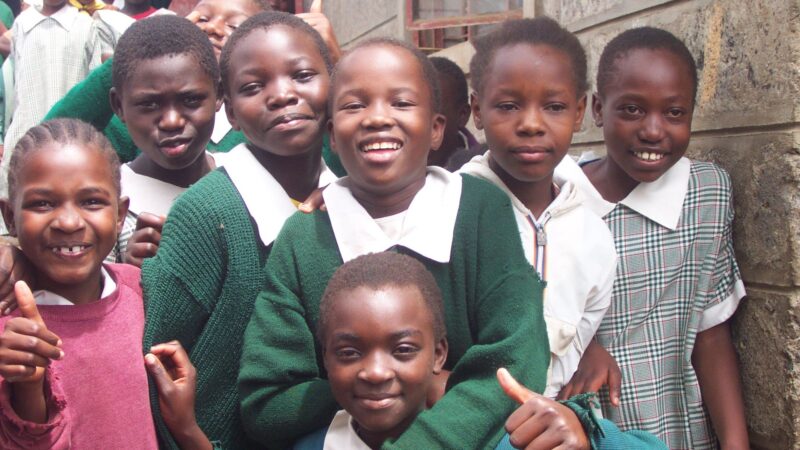Bugubo, Uganda. Shadia is an ambitious 11-year-old financial manager. Sure, it may only be for her family now, but how many 6th grade financial planners do you know?
It all started when her father received 10 chickens from Bright Hope’s partner church in Bugobo. These chickens multiplied and began laying at least 60 eggs a week. That was good…but it wasn’t good enough for Shadia. She’s one of 11 children and so most of the eggs were being eaten by the family; she wasn’t satisfied with this because consuming most of the eggs wasn’t helping the family get ahead in the long run.
With such a large family, it hasn’t been easy for them to survive in rural Uganda. They needed a strategy to pay for school fees, clothes for so many people, and a way to produce enough food to eat and sell for income.
Shadia advised her father to start selling some of the eggs so they could use the money to pay for the things they needed. The family came together for a meeting and they chose Shadia to be the family treasurer.
Her father started selling eggs at the trading center for 50 Ugandan shillings apiece… and, as treasurer, Shadia is the one who keeps the money. They use this money to buy vegetable seeds, grow crops, and then sell the harvest at 1,500 shillings per kilogram—5,000 of which Shadia puts into savings.
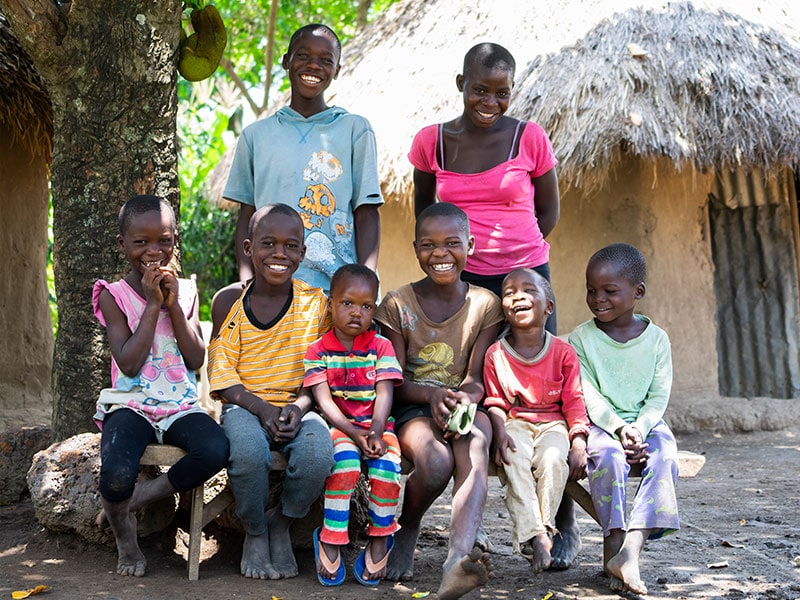
Taking it a step further, Shadia gives loans to family members…and makes them repay in two weeks with 2% interest! Her older siblings take loans when they want to buy themselves clothes or shoes, and her father takes loans as well to hire people to help with the farming.
“Everyone is free to borrow from the savings, but they pay back with interest,” Shadia explains. “Though Mummy and Daddy have to pay more interest of 4% because they take more money.”
But it doesn’t stop there. And it didn’t really start with the chickens.
Because at Bright Hope we’re not just about economic empowerment…we’re about equipping the whole family spiritually, emotionally and financially—with all of it funneling through from the local church.
How so? Well, Shadia and her siblings went through life skills training provided by Bright Hope through our partner church, where Shadia’s family attends. Something they learned from the training is that instead of waiting for their parents to provide for them, they themselves should take part in making their lives better.
So, to earn money, Shadia’s older siblings do odd jobs like fetching water, working in people’s gardens, and laying bricks. And everyone is supposed to contribute to the family savings fund from their earnings.
Shadia is too young to earn income the way her siblings do, but she has applied what she learned in the training to her own life by choosing to be manager of the family finances.
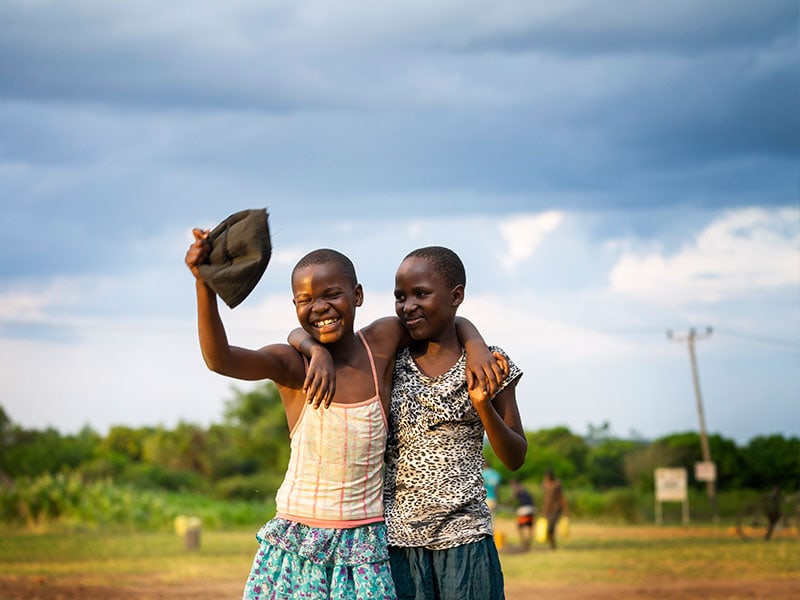
“We now plan to encourage Shadia to start up another savings group for all the children in the neighborhood,” said Aminah, Shadia’s mother. “We want her to explore her talent more but also to give a chance to other families to enjoy the benefits that we have started enjoying.”
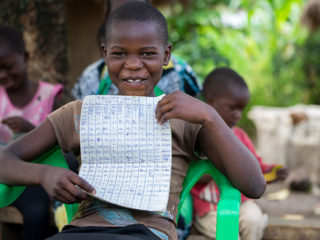
The role the church has played in this family’s life is multi-faceted. Shadia’s father, Shafiq, is a part of the fathers’ club at their church, where, among other things, he learns more about chicken farming. And both Shadia’s mother and father have attended the church’s parenting courses. (The fathers’ club and parenting courses are both Bright Hope initiatives). Since participating, Aminah and Shafiq are applying what they learned and are encouraging their children to participate in helping provide for the family.
“This is a good idea because it has taught my children responsibility; they value family assets—especially the chickens, which are our best earning tool,” Shafiq said. “They take turns in looking after them and medicate them when I am away. I feel relieved now that my children can meet some of their needs.”
And, just like many a proud father, Shafiq will brag about his young daughter who pushed the family into starting their own savings fund that has changed the course of life for this entire family.
–Photographs and reporting done by Julius Caeser.

